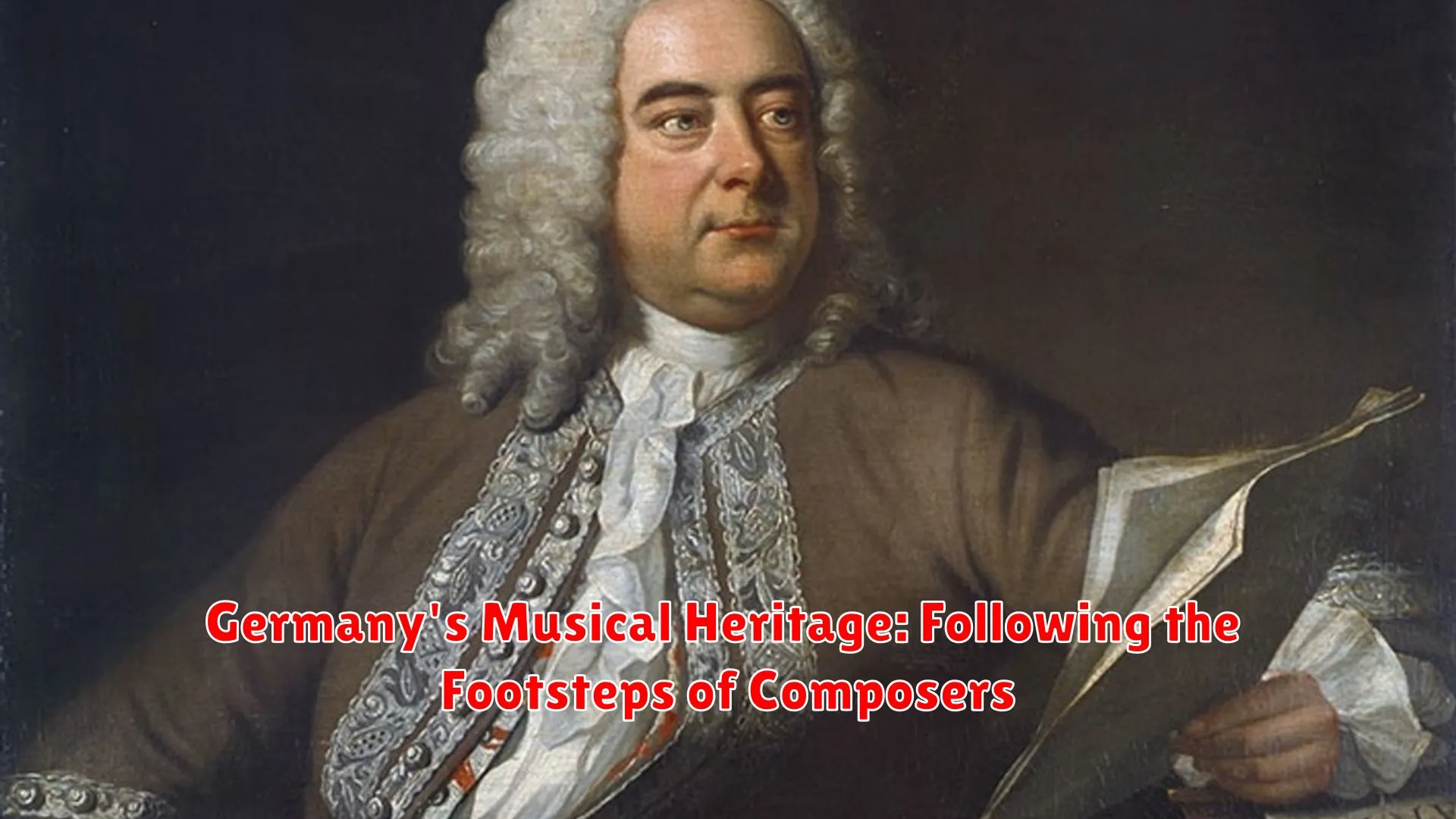Explore Germany’s rich musical legacy by tracing the paths of famous composers. From Beethoven in Bonn to Bach in Leipzig, immerse yourself in the history and culture that shaped some of the world’s greatest music.
Visiting Beethoven’s Birthplace
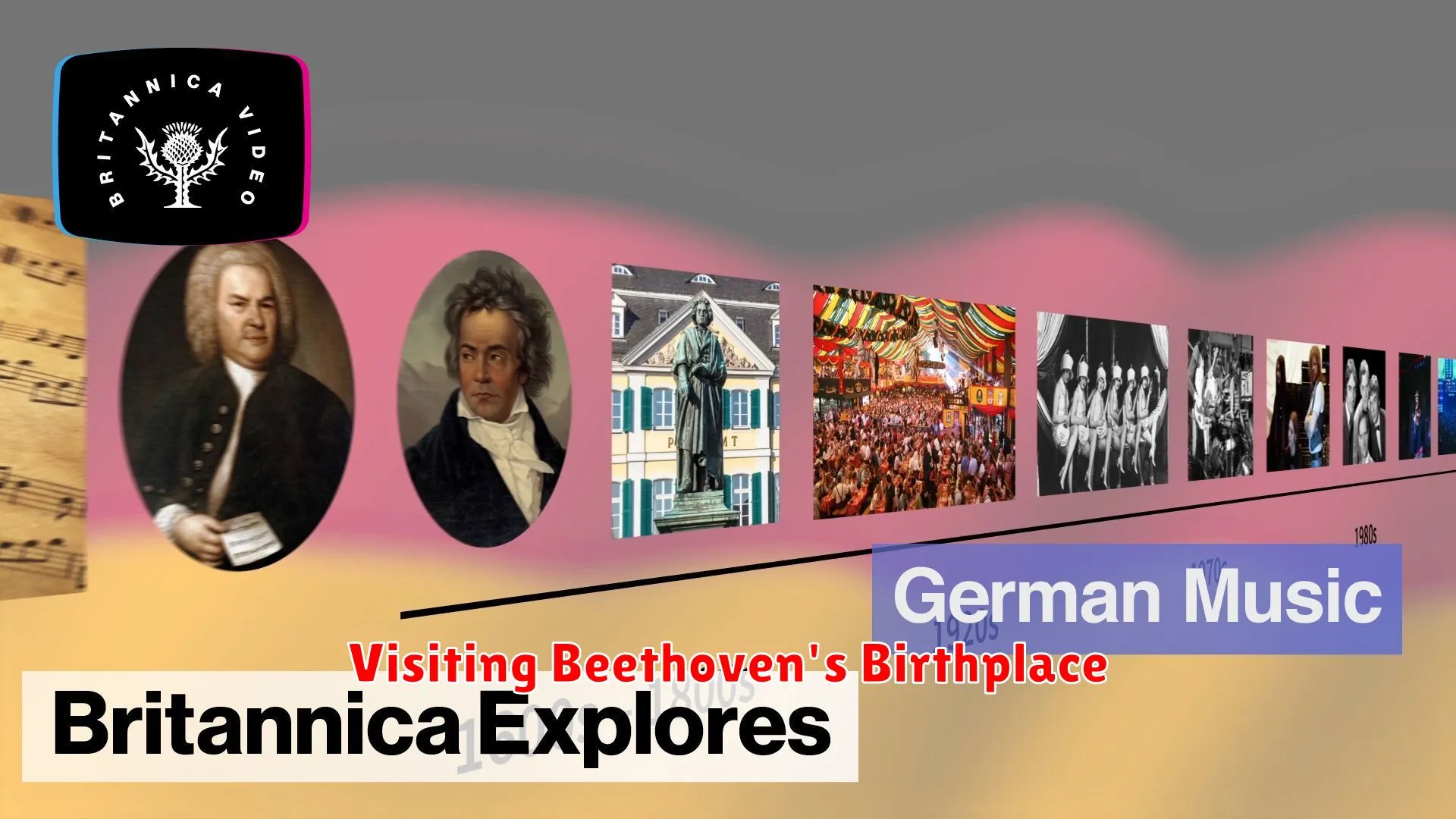
When exploring Germany’s musical heritage and following the footsteps of renowned composers, a visit to Ludwig van Beethoven’s birthplace is an essential pilgrimage for any music enthusiast. Located in the charming city of Bonn, Beethoven’s birth house has been transformed into a museum dedicated to honoring the life and works of this legendary composer.
Stepping into the historic house where Beethoven was born on December 17, 1770, visitors are immersed in the world of classical music and the genius of one of the most influential composers of all time. The museum houses a fascinating collection of personal items, original manuscripts, and interactive exhibits that offer a glimpse into Beethoven’s creative process and tumultuous life.
Exploring Beethoven’s birthplace allows visitors to gain a deeper understanding of the musical genius behind timeless masterpieces such as the Ninth Symphony and ‘Fur Elise.’ The museum also sheds light on Beethoven’s struggles, deafness, and revolutionary impact on classical music, making it a truly enriching experience for music lovers and history buffs alike.
Exploring Bach’s Legacy
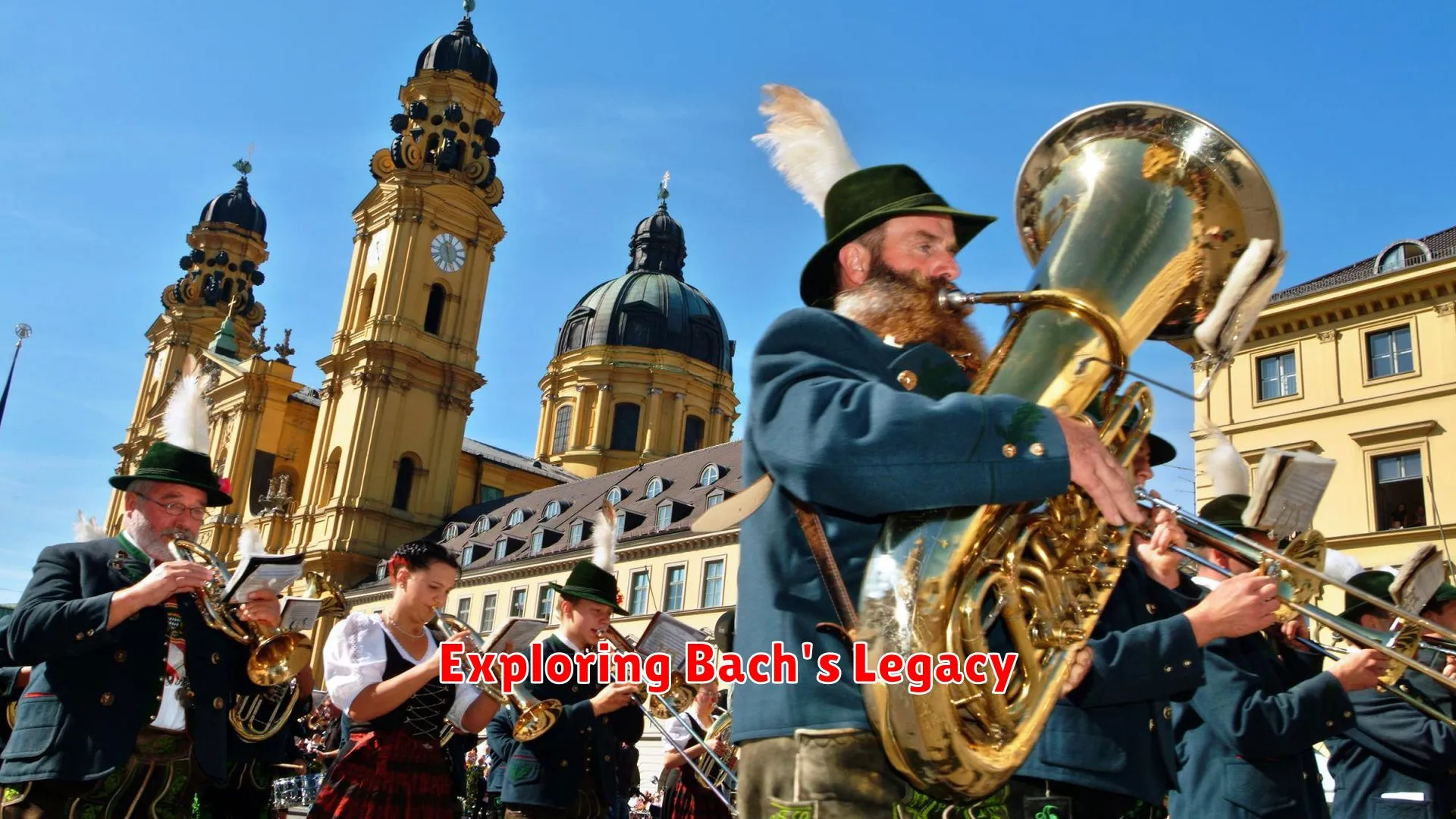
When delving into Germany’s musical heritage and following the footsteps of composers, one cannot ignore the profound legacy left by Johann Sebastian Bach. Bach, a celebrated German composer of the Baroque era, is renowned for his exceptional contributions to music that continue to inspire musicians and audiences worldwide.
Bach’s legacy is characterized by his intricate compositions, technical mastery, and profound expressiveness. His works, such as the Brandenburg Concertos, the Mass in B Minor, and the Well-Tempered Clavier, showcase his brilliance and innovation in music.
Exploring Bach’s legacy provides a fascinating glimpse into the rich musical traditions of Germany. His compositions reflect the essence of German musical heritage, combining elegance, complexity, and emotional depth that resonate with listeners across generations.
By immersing oneself in Bach’s music and understanding his innovative techniques, one can truly appreciate the depth and beauty of Germany’s musical legacy. As we follow in the footsteps of composers like Bach, we gain insight into the cultural tapestry that has shaped German music and continue to celebrate its enduring influence.
Attending Classical Concerts
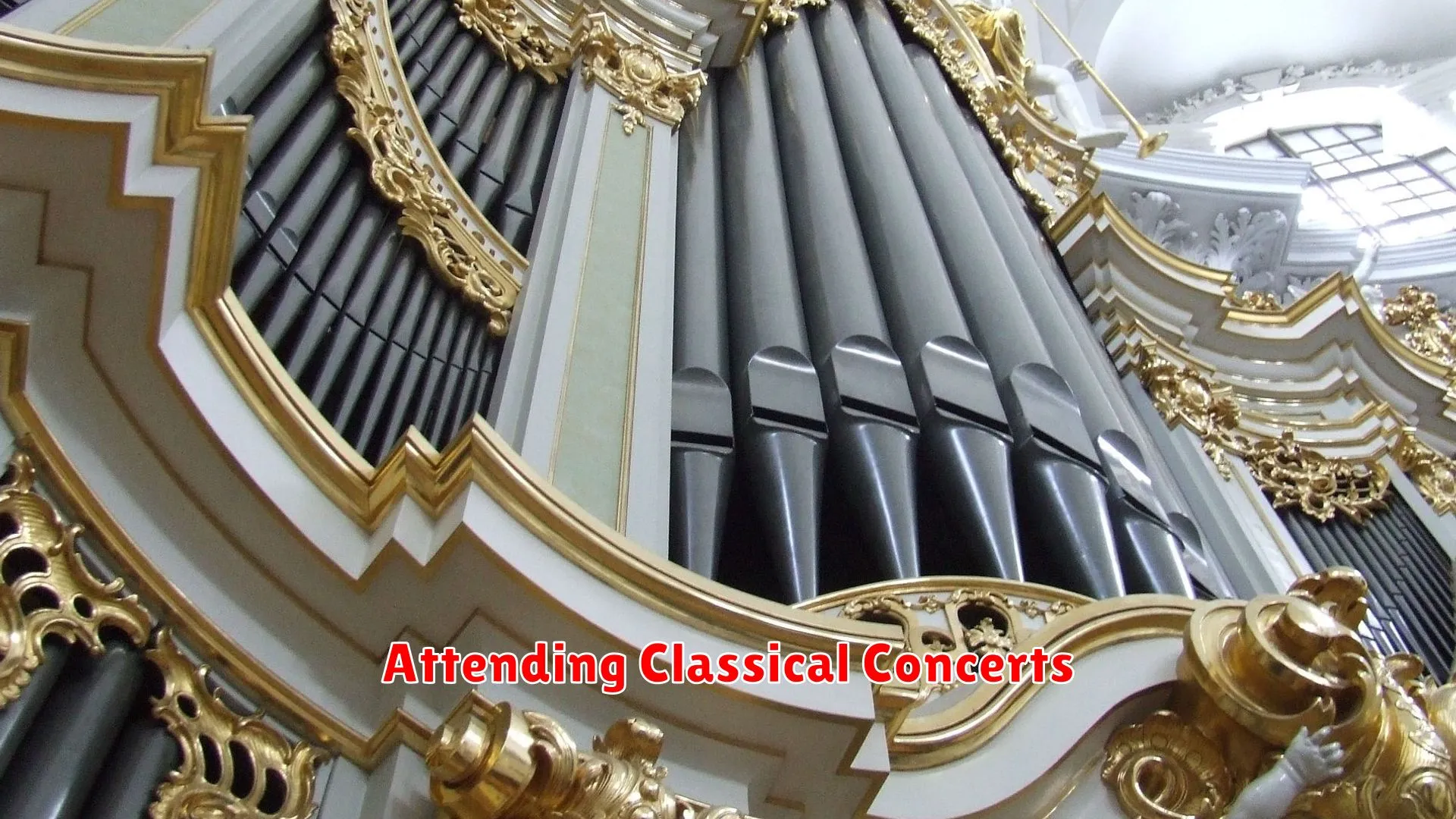
Attending classical concerts in Germany is a mesmerizing experience that allows you to immerse yourself in the rich musical heritage of this country. From historic concert halls to outdoor amphitheaters, Germany offers a diverse range of venues where you can enjoy performances inspired by the footsteps of renowned composers.
One of the most iconic places to attend a classical concert in Germany is the Berlin Philharmonie, home to the Berlin Philharmonic Orchestra. The striking modernist architecture of the hall provides a breathtaking backdrop for performances that pay tribute to the likes of Beethoven, Mozart, and Bach.
Furthermore, exploring smaller cities such as Leipzig, where Bach spent a significant part of his life, allows you to witness the intimate connection between the composer and his surroundings. Attending a concert in venues like the St. Thomas Church, where Bach worked as a music director, adds a profound layer of historical significance to the musical experience.
Moreover, the annual Richard Wagner Festival in Bayreuth is a must-visit for opera enthusiasts looking to delve into the works of this influential composer. The festival showcases Wagner’s operas in a dedicated theater built according to his specifications, creating an immersive experience that brings his compositions to life.
By attending classical concerts in Germany, you not only enjoy the beauty of live music but also pay homage to the composers who have shaped the country’s musical legacy. Each performance offers a glimpse into the genius of these musical maestros and allows you to follow in their footsteps through the enchanting world of classical music.
Modern Music Scenes in German Cities
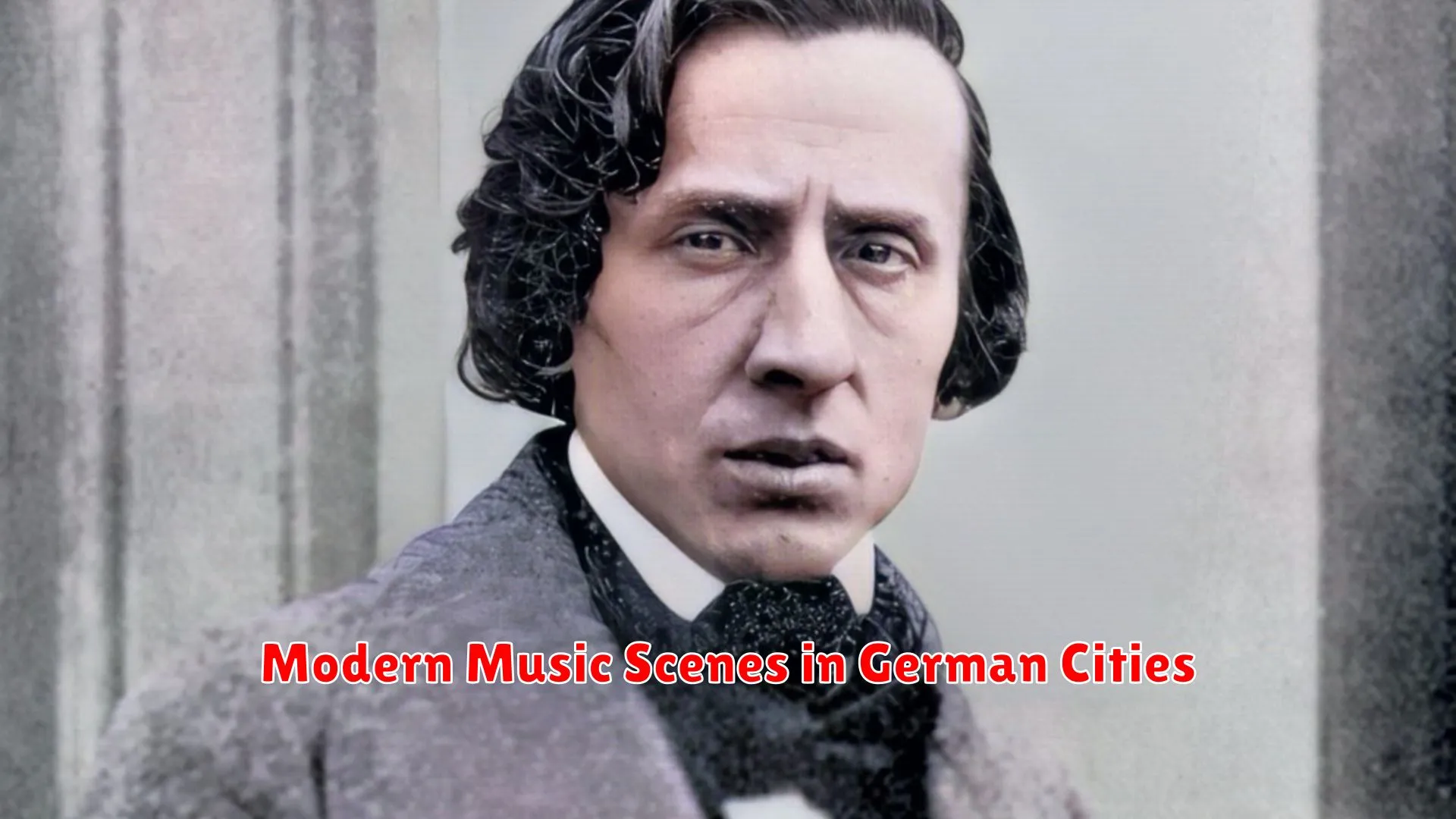
In Germany, the music scene is not just about the classical composers of the past. Today, German cities are vibrant hubs for modern music that cater to various tastes and genres. From electronic beats to indie folk, Germany’s musical heritage continues to evolve.
A Snapshot of Berlin’s Musical Vibes
Berlin, the capital city, is a dynamic center for electronic music. Clubs like Berghain and Watergate pulsate with techno beats, drawing in music lovers from around the globe. Street performers add a touch of whimsy to the city’s bustling streets, creating a lively atmosphere for both locals and visitors.
The Indie Folk Scene in Hamburg
Hamburg is known for its burgeoning indie folk scene. Intimate venues like Nochtwache and Molotow host up-and-coming bands, providing a platform for musicians to showcase their talents. The city’s rich maritime history blends seamlessly with its modern music culture, offering a unique experience for music enthusiasts.
Munich: Where Tradition Meets Modernity
In Munich, traditional Bavarian tunes harmonize with contemporary sounds. From the legendary Oktoberfest celebrations to the acclaimed Gasteig cultural center, Munich offers a diverse range of musical experiences. The city’s blend of old-world charm and new-age creativity reflects Germany’s multi-faceted musical landscape.
Conclusion
Exploring Germany’s musical heritage offers a fascinating journey through the footsteps of renowned composers, showcasing a rich tapestry of classical music history and cultural significance.
